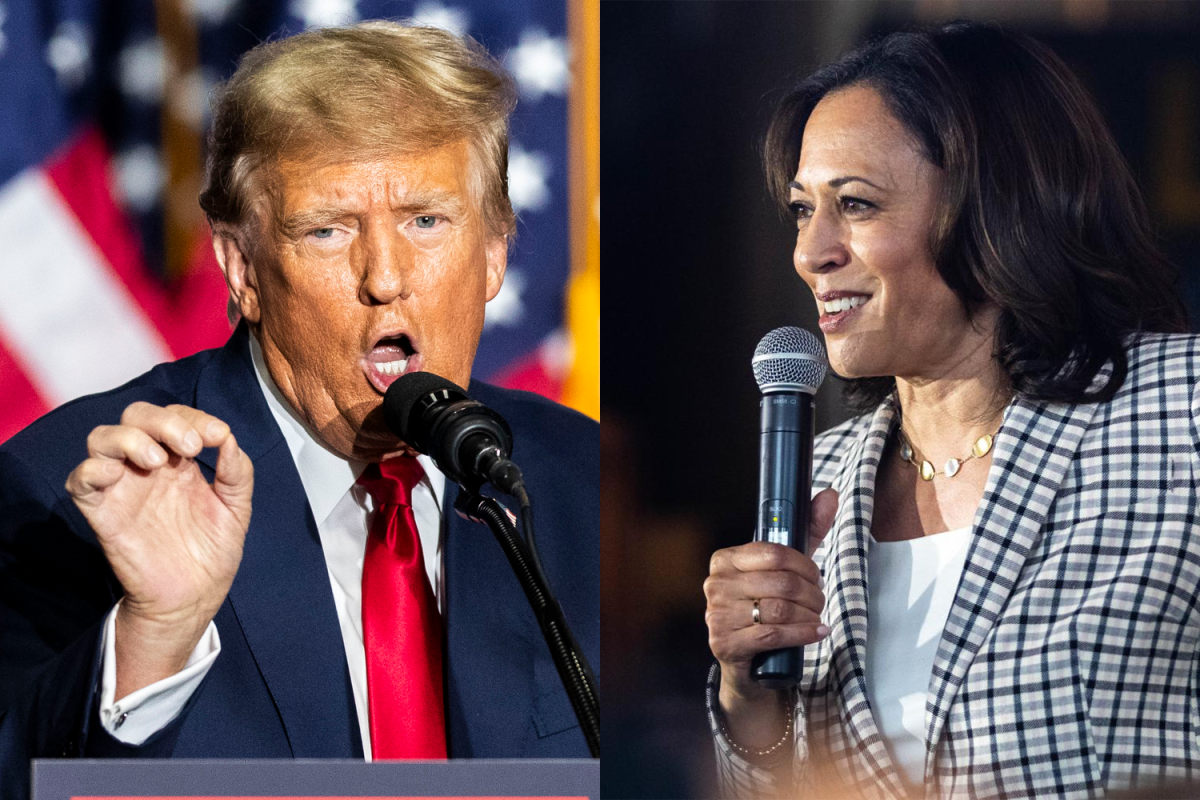On Nov. 2, the nationally recognized Des Moines Register/Medicom poll found that Vice President Kamala Harris leads former President Donald Trump by three percentage points among likely voters.
These findings are within the poll’s margin of error and shows an increase in momentum for Harris, who trailed Trump by four points in the September edition of the poll. It is also an increase from the June edition of the poll, where President Joe Biden trailed Trump by a full 18 points.
University of Iowa political science professor Nicholas Martini sat down with The Daily Iowan and explained his thoughts on the poll and the impact it could have on the election.
The Daily Iowan: Do you think that Ann Selzer’s Iowa Poll is accurate?
Martini: My understanding of the results is that Harris is ahead but within the margin of error. I do not think that is terribly surprising. The other recent polls that just came out also showed the race being within the margin of error, but it was Trump ahead. I think everything is pointing to a tight race across the board.
What does it mean for Selzer if the poll is wrong?
I don’t think it means anything for Selzer. I mean, they are doing a poll of the public with this notion that there is going to be a margin of error, right, and I think they’re very upfront about that. I think that, sometimes, we expect too much out of polls and we look at the raw numbers, but don’t consider that there is a margin of error built into it. It’s a sample, not the true population. So, I think we need to look at it through that light. Let’s put it this way — if Harris won 80/20 or if Trump won 80/20, then you would question Selzer. But you would also question all of them [the polls], because all of them are showing tight races. I think it’s interesting, but don’t think it’ll have any implications.
Does this tight polling in Iowa mean that the state is now a swing state?
You have to think about — what is your definition of a swing state? I think the race is tightening, but I don’t know that I would label Iowa as a swing state.
Will polling in Iowa have a strong effect on the Electoral College?
I mean, it changes the calculations. In that regard, it has an effect, but in the end it’s going to depend, right? Iowa is one of many states, so if Iowa flips one way, another state might flip another way. I think that every state has influence, and you need to consider Iowa within the context of all the states.



